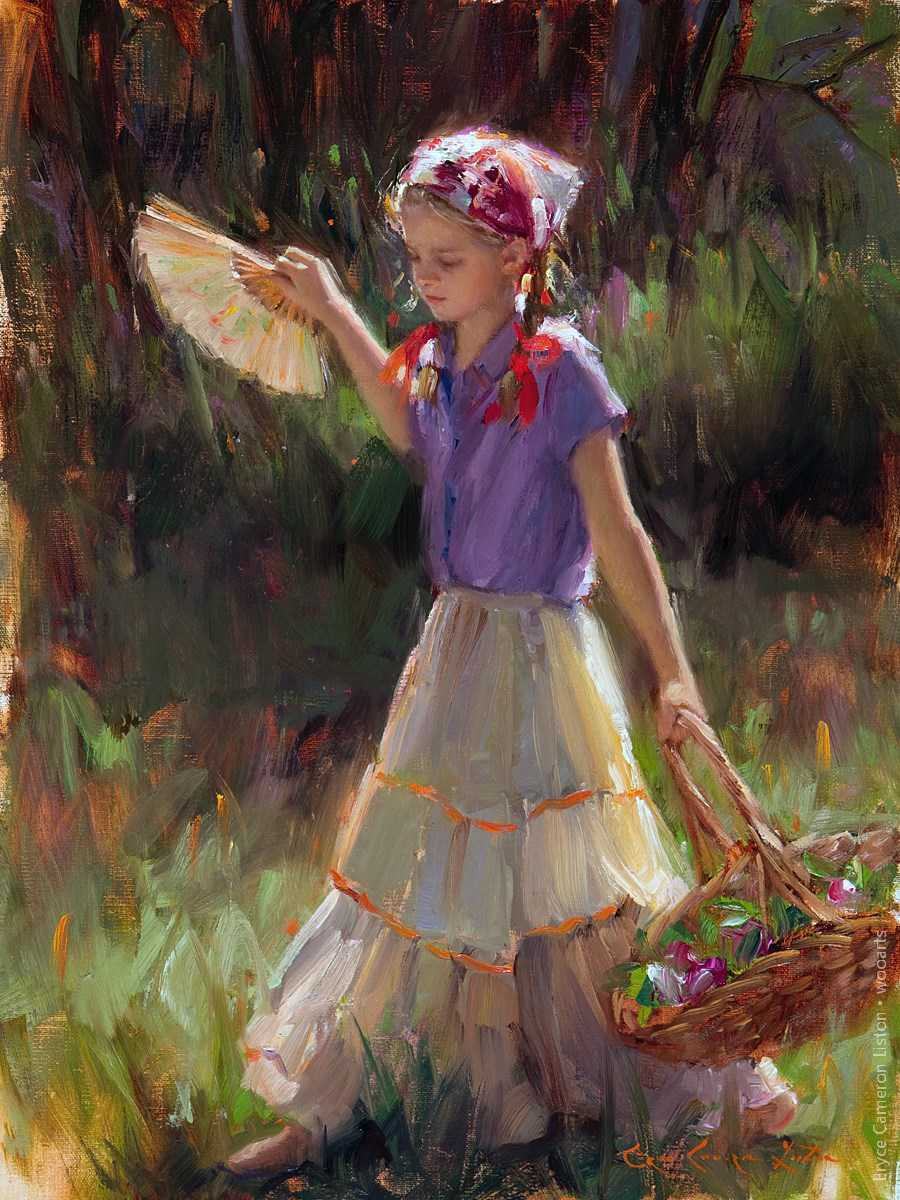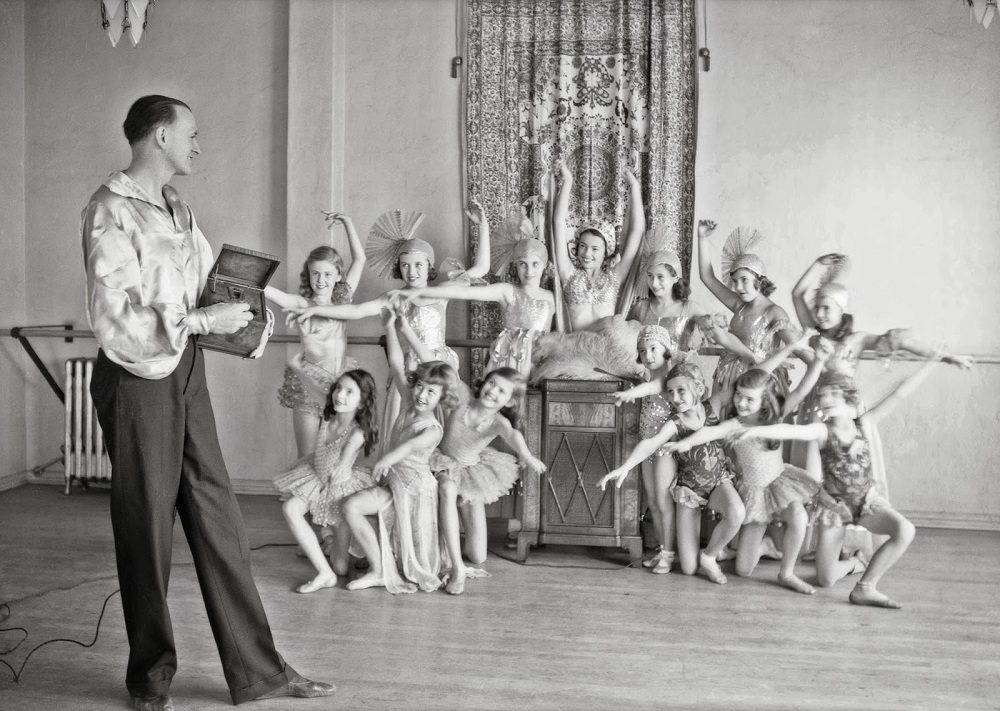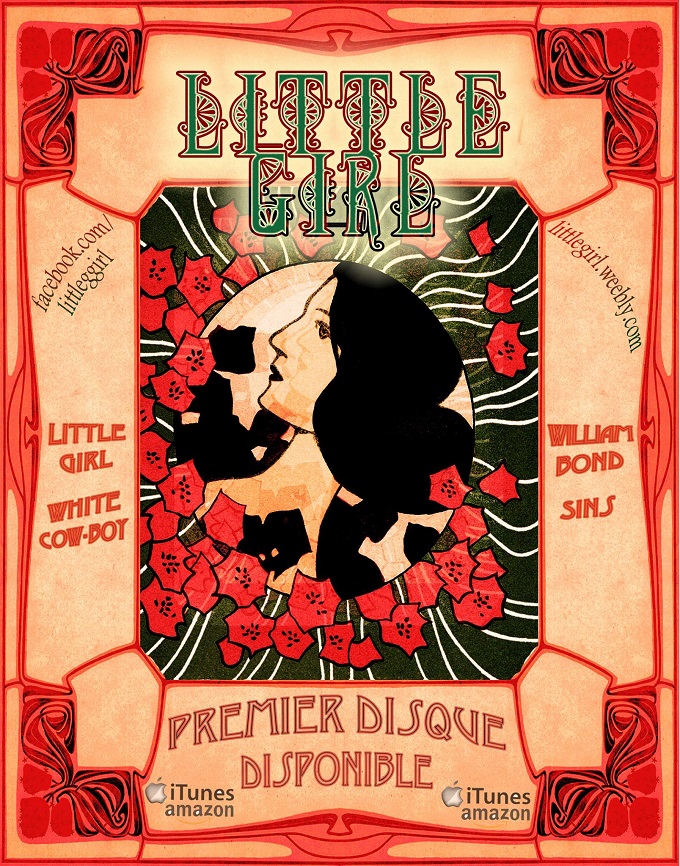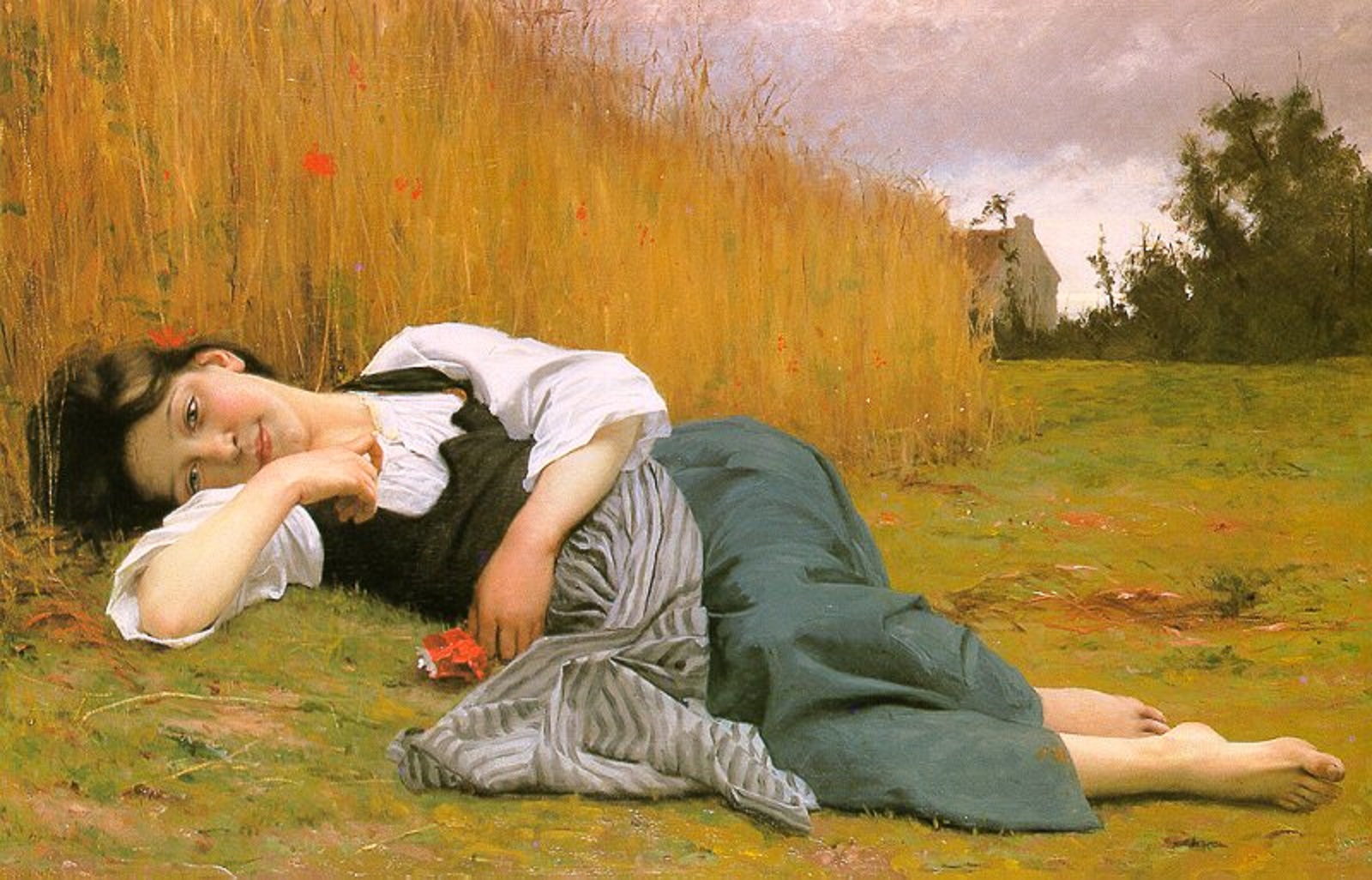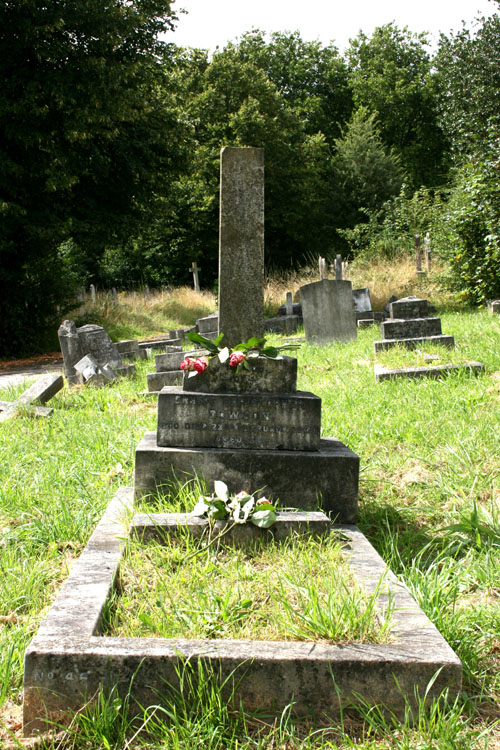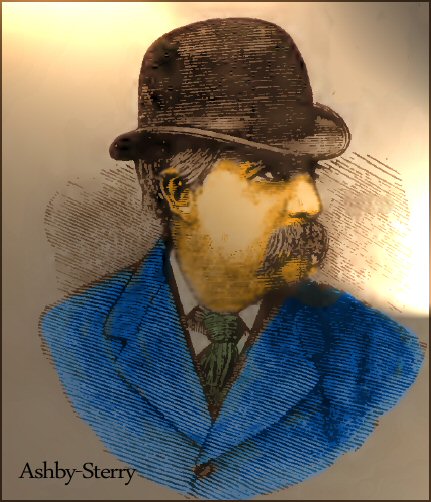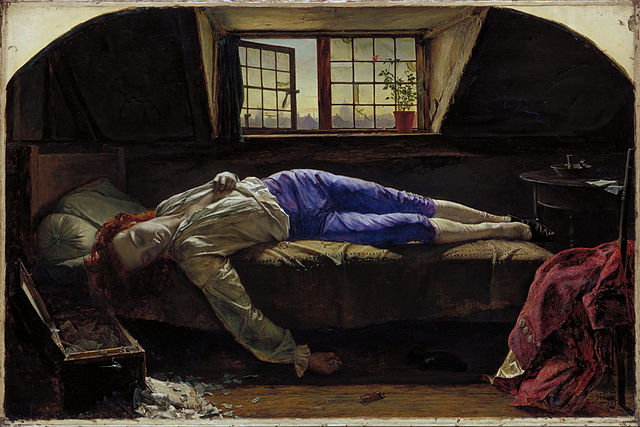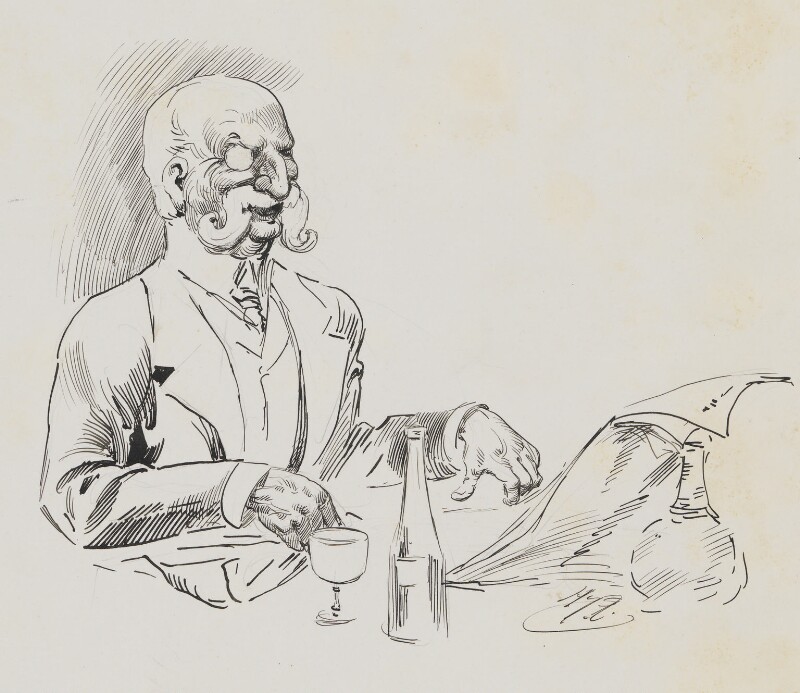
The poem “Alabama Song” (also known as “Moon of Alabama,” “Moon over Alabama,” or “Whisky Bar”) was first written in German by Bertolt Brecht, then translated into English by Elisabeth Hauptmann in 1925. Kurt Weill set it to music for the 1927 musical play Mahagonny-Songspiel. The song was finally included in their 1930 opera Aufstieg und Fall der Stadt Mahagonny (Rise and Fall of the City of Mahagonny). It is sung in Act I by alcoholic prostitutes, they are craving first for a ‘whiskey bar,’ then for a ‘little boy’ (in the 1930’s, this designated a bottle format), and finally for a ‘little dollar:’ CONTINUE READING / CONTINUER LA LECTURE…


